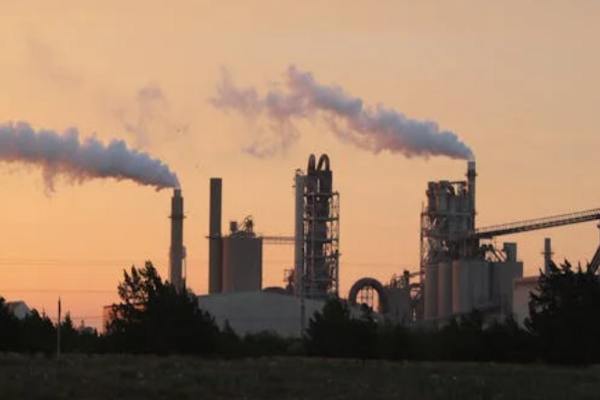Emarat Petroleum Company (Emarat) and Lootah Biofuels have signed a Memorandum of Understanding (MoU) to collaborate on renewable energy initiatives in the UAE. The agreement focuses on collecting used cooking oils through Emarat’s retail station network for recycling into biodiesel by Lootah Biofuels. This initiative aims to reduce greenhouse gas emissions and promote environmental sustainability. Both parties will define the necessary collection equipment, processes, and financial mechanisms to facilitate the program.
The partnership also involves the inclusion of biodiesel blends, such as B5, in Emarat’s retail fuel offerings. These blends will be introduced in line with guidelines set by the UAE’s Ministry of Energy and Infrastructure. Emarat and Lootah Biofuels will also conduct feasibility studies for the production of sustainable aviation fuel (SAF) to support the aviation sector’s transition to cleaner energy. Additionally, they plan to explore selling biodiesel to vessels at selected ports, contributing to the UAE’s efforts to enhance sustainability in maritime transport.
The UAE has already made progress in renewable energy with projects like the Mohammed bin Rashid Al Maktoum Solar Park in Dubai. This solar park combines photovoltaic and concentrated solar power technologies. By 2020, it had achieved a capacity of 1,013 megawatts (MW), with plans to expand to 5,000 MW by 2030 to support Dubai’s energy needs. The UAE also launched its first wind power program in 2023, with a capacity of 104 MW, providing clean energy to over 23,000 homes. Another notable project is the Barakah Nuclear Energy Plant, which, once fully operational, will supply up to 25% of the country’s electricity and significantly reduce emissions.
These renewable energy initiatives reflect the UAE’s focus on diversifying its energy sources and achieving sustainable development.


